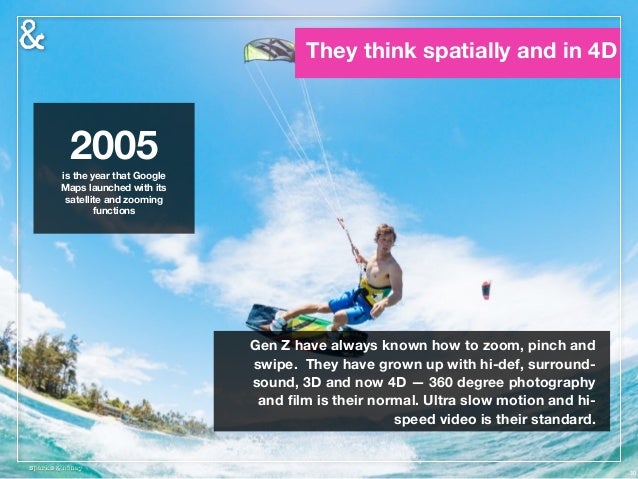college plagiarism
[Infographic] Plagiarism in College – How to Avoid the Trap
http://edtechreview.in/news/1735-plagiarism-in-college-how-to-avoid-the-trap

Digital Literacy for St. Cloud State University
http://edtechreview.in/news/1735-plagiarism-in-college-how-to-avoid-the-trap

Beth Anna Bergsmark, Associate Vice President and Chief Enterprise Architect
http://event.on24.com/eventRegistration/console/EventConsoleNG.jsp
For your convenience, the presentation is now available on-demand at: http://w.on24.com/r.htm?e=943162&s=1&k=EEB98B7670230B430D2C5D40A99B0E1D.You can view it at any time or share it with a colleague.
use lighweight Google tools versus heavy weight (time consuming to learn) tools. able to connect, participate online. Georgetown policy is “never close campus” and light-weight tools help faculty do that .
#GoogleEdu
google.com/edu/higher-education
even faculty video service integrated with LMS (SCSU = Kaltura + D2L), faculty still are encouraged to use youTube.
migrations lose metadata. Google migration highly automated, but other modernisations, but sites older then 10 years were scrapped.
aside of Google Glass, are there other Google apps used in the medical school. Answers: Google calendar
Yes it can and I, Plamen Miltenoff, am trying to convince my esteemed colleagues and administration at LRS to consider educause blog hosted at SCSU as the main vehicle for information. Main consideration is that integrated the blog (as social media) with other social media.
At this point, I have not received an indication that I am even understood what am I proposing. It is that desperate.
MEANWHILE,
ALA offers the following eCourse:
http://www.alastore.ala.org/detail.aspx
it has happened in the past that SCSU money is spent on activity, which I am educated and experienced to deliver. Lets hope that before someone signs for this workshop, h/she might turn fist to me for information.
If you have a desire to bring your departmental Web presence in the 21st century, please feel welcome to contact me.
Volume, Velocity, Variety
Business Intelligence
Internet of Things
privacy, security, intellectual property
mobile Internet
Another step ahead/afar from CMS?
Koondis works in traditional large introductory lecture classrooms, blended classes and fully online courses that often are filled with students enrolled from various disciplines who are required to be there for their majors.
Described as a “social homework system,” a “discussion forum that puts students in small groups” and even a replacement for the campus learning management system, Koondis is showing great promise as a pill for student satisfaction.
The idea is that Koondis eliminates the need for teachers to read all of the posts. The program even counts posts for the instructor for grading purposes, and alerts the faculty member to do follow-up when a student isn’t participating.
library approach to information literacy. or WHAT IS information literacy?
is it the 90-ish notion of standing up in front of bored class and lecturing them how important is to use the online databases, which the university subscribe for
52% of teens use YouTube or other Social Media sites for a typical research assignment in school:
slide 29 out of 56:
Infographic from:
Should information literacy be about digital literacy? Geo-spatial knowledge?

Should information literacy include videos? Games?
Should information literacy be multiliteracy? Transliteracy?
https://blog.stcloudstate.edu/ims/2014/11/27/scholarly-communication-and-information-literacy/
This is what Gen Z will expect from information literacy in particular, from library and education in general:
https://www.youtube.com/watch?feature=player_detailpage&v=h11u3vtcpaY#t=314
http://synaptogaming.com/2013/04/11/what-would-vygotsky-have-thought-of-play-station-4/
https://prezi.com/yactlqywndbo/piaget-vs-vygotsky/
Last year, it took a group of hackers to decode some old tape decks from a lunar orbiter mission run in the 1960s — as Wired points out, “the drives had to be rebuilt and in some cases completely re-engineered using instruction manuals or the advice of people who used to service them, and “the data they recovered then had to be demodulated and digitized, which added more layers of technical difficulties.”
take an X-ray picture of everything that is in place — not just the picture bits, but the operating system bits and the application bits and the underlying machine description bits — and we take this X-ray image and we package it all up and hang onto that, put it wherever we need to, maybe multiple copies, hoping one of them will last maybe a period of time. So this snapshot idea is quite clever and it captures everything you need to know to reproduce the environment to interpret the picture. And that object, this digital object, is something that could be transported around [from one cloud to another cloud or another machine].
http://blogs.kqed.org/mindshift/2015/03/turned-off-how-teens-respond-to-a-no-tech-challenge/